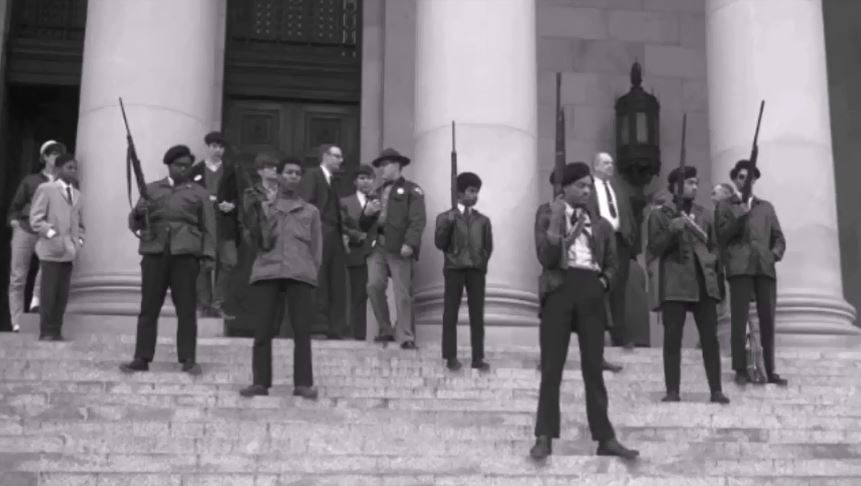| Puppyroach said: 1. Those are all interesting questions but not really that relevant to your statement. You don´t have a natural "right" to bear any weapon you want. If you would form you own country you could set up any rule you want, but if you choose to live in the society you are a part of you either abide by the rules or work towards changing them. 2. Your first three questions are quite easily answered by the constitution of any given country. That is the decision of a majority of the people for the ground rules of what they call "society". 3. There are a lot of billionares and millionares (for example the current president of the US, most of the GOP and even some democrats) that are in favor of not having any more regulations on gun ownership. Some companies have gone out to put their own sanctions on NRA because of public preassure, not because they are "kind hearted". It´s a very important part of capitalism, that the consumers can affect companies this way. 4. Regarding number five, I am strongly opposed to having any private interests other than the citizens themselves supporting democracy financially. And this problem is not unique to the US, just more emphasized than in many other countries. 5. Number six is a tricky one since it depends on what you mean. The way the system is handled with Gerry mandering, the system of electoral votes and money in politics, I would say it has major flaws, but it is the system the US citizens have and a system that has brought major changes through the years like social security, medicare, medicaid, the emancipation of slaves, the end of institutionalized segregation and so on. It is far from perfect but it has a lot of power and the people can change it if they work for it hard enough. 6, And I agree with you that there are no "natural rights" but the "unalienable rights" mentioned are part of a social contract between the people and their government. And how can you claim that the state is the protector of privilege and not the regulator of it if you don´t believe in natural rights? That doesn´t add up at all. And the system you describe will ultimately always lead to oppression of minorities, free speeach and violence since there is no force governed by the people that protects the people against large private interests. You would only replace a flawed system with a catastrophic one. |
1. Did you not read my post? I don't believe in natural rights. And they are highly relevant questions, because they help us understand why people want to own a gun when they are deprived of political power. Nobody "chooses" to live in a society, by the way.
2. Who wrote the constitution? Was it the "whole people?" Why should we discard portions of said document and not the whole thing, if it has such authority?
3. The current president was for gun control until the moment he ran on the Republican party's ticket. He's probably the worst example to choose. Most politicians aren't billionaires, but middling rich. And corporations don't receive public pressure, they receive pressure from their consumers and shareholders, whom consist of a minority of the public. That is a part of capitalism, but I am not a capitalist, so...
4. I am not just talking about political power. I am talking about social and economic power too. They aren't using political power here.
5. Slaves were emancipated by violence through a civil war. Social security, medicare, and medicaid were instituted through the threat of socialist revolution/crisis, and the end of institutionalized segregation involved these guys. Always was there a threat of political revolution which forced the elites to reform.

6. The Declaration of Independence preceded the United States by fifteen years. It wasn't a social contract. I say the state is the protector of privilege, because it is the vehicle through which the bourgeoisie institutionalize their violence in order to maintain their position in society. Its very purpose is to protect the capitalist class and its property. Everything else it does -- it does to prevent revolution. "Large private interests" can't exist without the state. Private property is too costly without a monopoly on the legitimacy of violence subsidizing the costs of ownership.
















